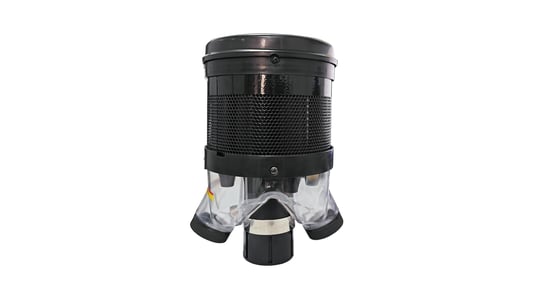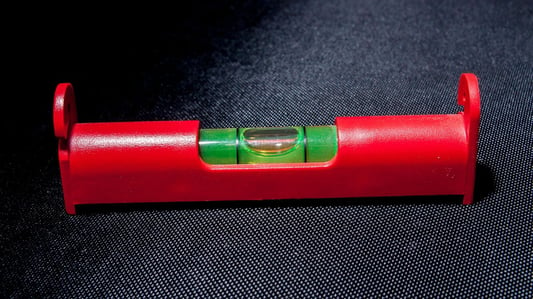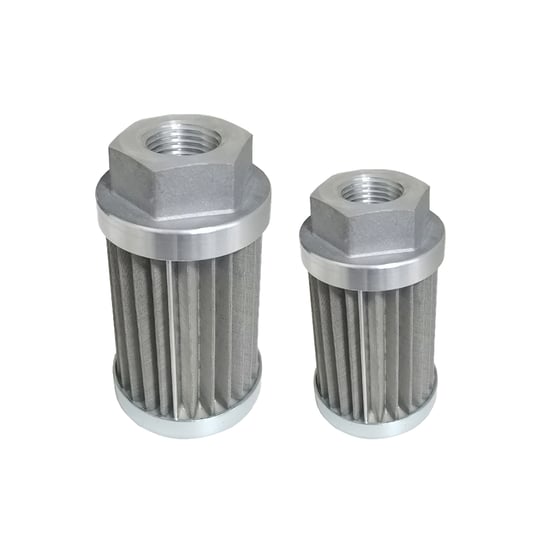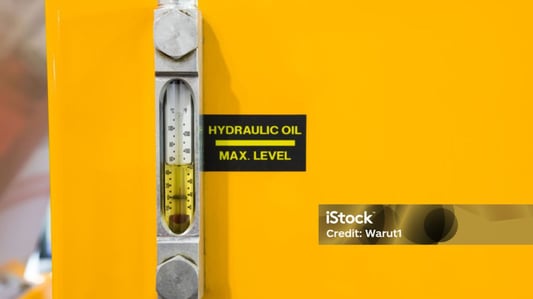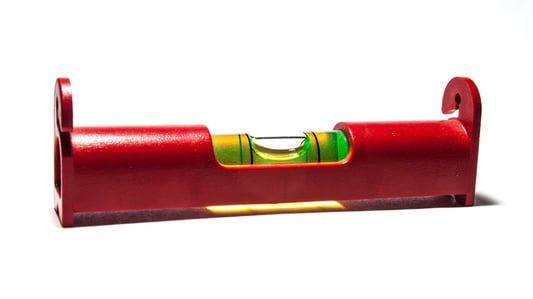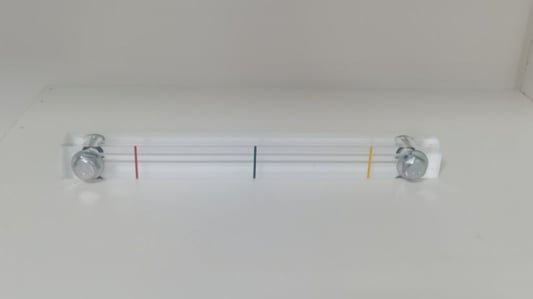Choosing the right hydraulic oil filter element is crucial for maintaining the efficiency and longevity of hydraulic systems. Here are some key factors to consider:Micron Rating: The micron rating indicates the size of particles that the filter can trap. Common ratings range from 10 to 1000 microns. A lower micron rating means finer filtration but can also restrict fluid flow, potentially causing pressure drops. Choose a rating appropriate for your system's requirements.Filter Material: Filters are typically made from materials like paper, metal mesh, sintered powder, or synthetic fibers. Each material has its pros and cons in terms of filtration efficiency, durability, and pressure drop. Paper filters offer high efficiency but may need more frequent replacement. Metal filters are durable but less efficient.Compatibility with Hydraulic Fluid: Ensure the filter element is compatible with the type of hydraulic fluid used (e.g., mineral oil, synthetic oil). Some filters are designed specifically for certain fluid types or viscosities.System Pressure and Flow Rate: The filter must be able to handle the maximum operating pressure and flow rate of your hydraulic system without collapsing or causing excessive pressure loss. Check the manufacturer's specifications to ensure compatibility.Replacement Indicator: Some advanced filter elements come with a built-in indicator (like a pressure gauge or a visual signal) that alerts when it's time for replacement. This feature can help prevent system contamination and damage.Brand and Quality: Stick to reputable brands known for quality hydraulic filters. While they might be slightly more expensive, they often provide better performance and longer lifespan.Installation Type: Filters come in various mounting styles such as cartridge, spin-on, or bag types. Choose one that fits your system's configuration and is easy to install and replace.Service Life: Consider the expected service life of the filter element based on the manufacturer's recommendations and your system's operating conditions. Regular maintenance schedules should include filter inspections and replacements as needed.Beta Ratio: This measures the filter's ability to remove particles of a specific size. A higher Beta ratio indicates better filtration performance. It's defined as the ratio of upstream to downstream concentrations of a particular particle size.Cost vs. Benefit Analysis: While cost is always a factor, it's essential to balance it against the potential costs of system downtime, repairs, or increased wear due to poor filtration.By carefully considering these factors and consulting with hydraulic system manufacturers or experts, you can select the most suitable hydraulic oil filter element for your specific application.Quote Inquiry Contact us!



